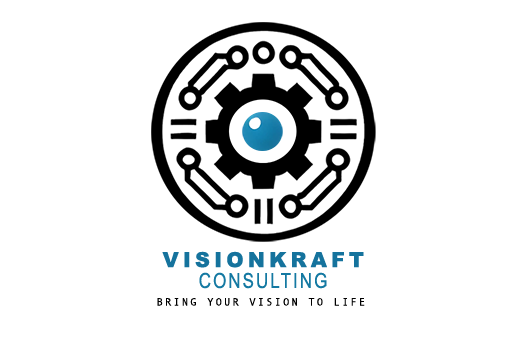
Innovations in 1-unlocking-efficiency-automating-business-processes-with-ai:
Innovations in Unlocking Efficiency: Automating Business Processes with AI
In an era where time is as valuable as tangible assets, businesses are constantly on the lookout for strategies to enhance efficiency and streamline operations. Artificial Intelligence (AI) has emerged as a cornerstone technology driving significant transformations across various sectors. This Blog post explores the latest trends, benefits, and practical applications of automating business processes with AI, shedding light on how organizations are leveraging this technology to unlock new levels of efficiency.
Understanding Business Process Automation with AI
Business Process Automation (BPA) involves the use of technology to execute recurring tasks or processes in a business where manual effort can be replaced. AI enhances these capabilities by enabling machines to mimic human actions and decision-making processes, thereby automating complex and cognitive tasks.
Latest Trends in AI-Driven Business Process Automation
1. Intelligent Process Automation (IPA): IPA combines AI technologies with Robotic Process Automation (RPA) to manage high-volume, repeatable tasks. It introduces capabilities like natural language processing, machine learning models, and chatbots into the automation suite, making the automation smarter.
2. AI in Decision Making: Advanced AI algorithms can now analyze large volumes of data to make or suggest decisions. For instance, AI systems are used in financial Services to approve loans, assess risks, or detect fraudulent transactions.
3. Hyperautomation: Gartner has identified hyperautomation as a key technological trend. It involves the use of a combination of technologies like AI, machine learning, and RPA to automate processes in a way that is significantly more impactful than traditional automation capabilities.
Benefits of AI in Business Process Automation
– Increased Efficiency and Productivity: AI enables businesses to operate faster and with greater precision. For example, AI-powered tools can analyze documents and data at speeds no human can match.
– Cost Reduction: Automating routine tasks reduces labor costs and minimizes the likelihood of errors, which in turn decreases the cost associated with corrections.
– Improved Customer Experience: AI-driven interactions, powered by chatbots or virtual assistants, offer 24/7 customer service solutions that are both cost-effective and responsive.
– Enhanced Accuracy: AI algorithms can process complex data sets with a high degree of accuracy, reducing human error. Scalability: AI systems can adjust to handle varying workloads without the need for significant changes in infrastructure.
Practical Applications of AI in Business Process Automation
Error fetching quote from OpenAI.
Financial Services
Banks and financial institutions use AI to automate risk assessment, fraud detection, customer onboarding processes, and even financial advising. For instance, JPMorgan Chase’s COIN program uses AI to interpret commercial loan agreements, a process that previously consumed 360,000 hours of lawyers’ time annually.
Healthcare
AI applications in healthcare include patient data management systems, predictive analytics for patient care, automated diagnostics, and personalized treatment plans. AI-driven robots can also automate repetitive tasks such as medication dispensing.
Manufacturing
AI in manufacturing often focuses on predictive maintenance, quality control, and supply chain management. For example, Siemens uses AI-based simulations to test and configure individual components of complex products before a single physical prototype is created.
Retail
AI helps retailers in automating inventory management, personalized shopping experiences, and logistics. Amazon’s use of AI for inventory forecasting and personalized recommendations is a prime example of effective automation.
Challenges and Considerations
While the benefits are significant, businesses must consider several factors when doing AI-driven automation:
– Data Privacy and Security: Handling sensitive data with AI systems requires robust security measures to prevent breaches.
– Ethical Considerations: Decisions made by AI can impact jobs and privacy; hence, they must be governed by ethical guidelines.
– Integration and Scalability: Integrating AI into existing systems can be complex and requires scalable solutions that can grow with the business.
Conclusion
The integration of AI into business process automation presents an opportunity for unprecedented efficiency and productivity gains. As technology continues to evolve, it is crucial for businesses to stay informed about the latest trends and adapt to remain competitive. By thoughtfully doing AI-driven automation, businesses can not only improve their operations but also enhance customer experiences and create a more dynamic, responsive, and efficient business model. As we navigate this rapidly changing landscape, the potential for AI to transform business processes continues to grow, promising exciting advancements in various industries around the globe.
External Links:
Thank you for taking the time to read our blog! We hope you found the information valuable and insightful.
If you have any questions, comments, or topics you’d like us to cover in future posts, please don’t hesitate to reach out.
Stay tuned for more updates, and don’t forget to subscribe to our newsletter for the latest news and insights.
Warm regards,
VisionKraft Consulting
